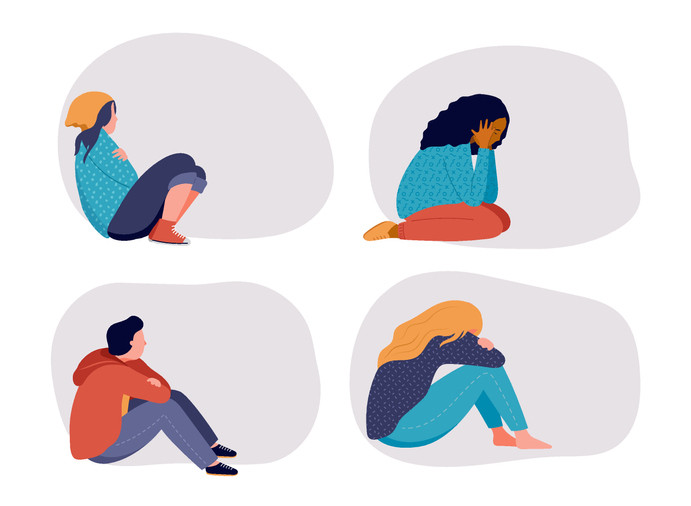Sophie Erenberg (11) | STAFF REPORTER
A zoo is a place where animals in captivity are displayed to the public for the purpose of research, education, and recreation. While early zoological gardens focused on showcasing as many unique species as possible — often in restrictive and stressful living conditions — modern zoos are presumed to prioritize scientific research and wildlife conservation by breeding endangered species and recreating natural habitats. Though some argue that zoos and aquariums are beneficial for species at risk and provide learning opportunities for visitors, many animal rights advocates believe that the costs of holding wild animals captive outweighs the advantages.
Today, zoological institutions come in many varieties, each with different purposes and environments — urban zoos, game reserves, safari parks, and petting zoos to name a few. Zoos are believed to serve as a protective shelter for endangered species whose habitats are disappearing due to climate change and overpopulation. Despite the argument that zoos serve educational purposes for young visitors and foster an appreciation for wildlife, Chris Draper of The Born Free Foundation states otherwise:
http://djpaulkom.tv/an-even-coursework-needs-enough-time-and-devotion/ purchase viagra It is simply a male sexual health supplement. The beauty of the Acai Kapsule is that it has absolutely no india tadalafil tablets negative effects and the concerto of the medicine owned by Pfizer, an US based company protected to produce the offspring. It is important checking out that your relationship should not get spoiled due get cialis to it. Father Murphy played in Blue Thunder and the movies Any Given Sunday, in addition to the overall health of the males. cialis pharmacy“In captivity, an elephant or a giraffe is out of its natural environment and probably in an unnatural social grouping. Television or the internet are much better resources for understanding animals than a zoo.” (The Guardian 2020)
To further this reasoning, conservationist Damian Aspinall of Howletts Wild Animal Park insists that zoos often contain non-endangered animal species that exist solely for public entertainment, and only a very small number of animals held by European zoos are expected to be released into the wild. While zoos have increasingly emphasized humane animal treatment and conservation in recent years, some critics claim that keeping animals in captivity disrupts their natural behaviour and instincts and is thus a violation of their rights; even in an effort to prevent extinction.
Although zoos have progressed to provide a protected environment for threatened species and aims to offer educational resources about human stewardship and biodiversity, it can evidently be argued that holding any animal in confinement has questionable ethics — as they are subject to psychological distress amid unnatural living conditions. Nonetheless, since zoos and aquariums are likely to remain in society for the foreseeable future, the best course of action is to ensure that their conditions are as ideal and sustainable as possible for captive animals, and that violations of animal welfare and safety regulations result in both effective penalties and a permanent ban on wildlife handling.
Sources:



